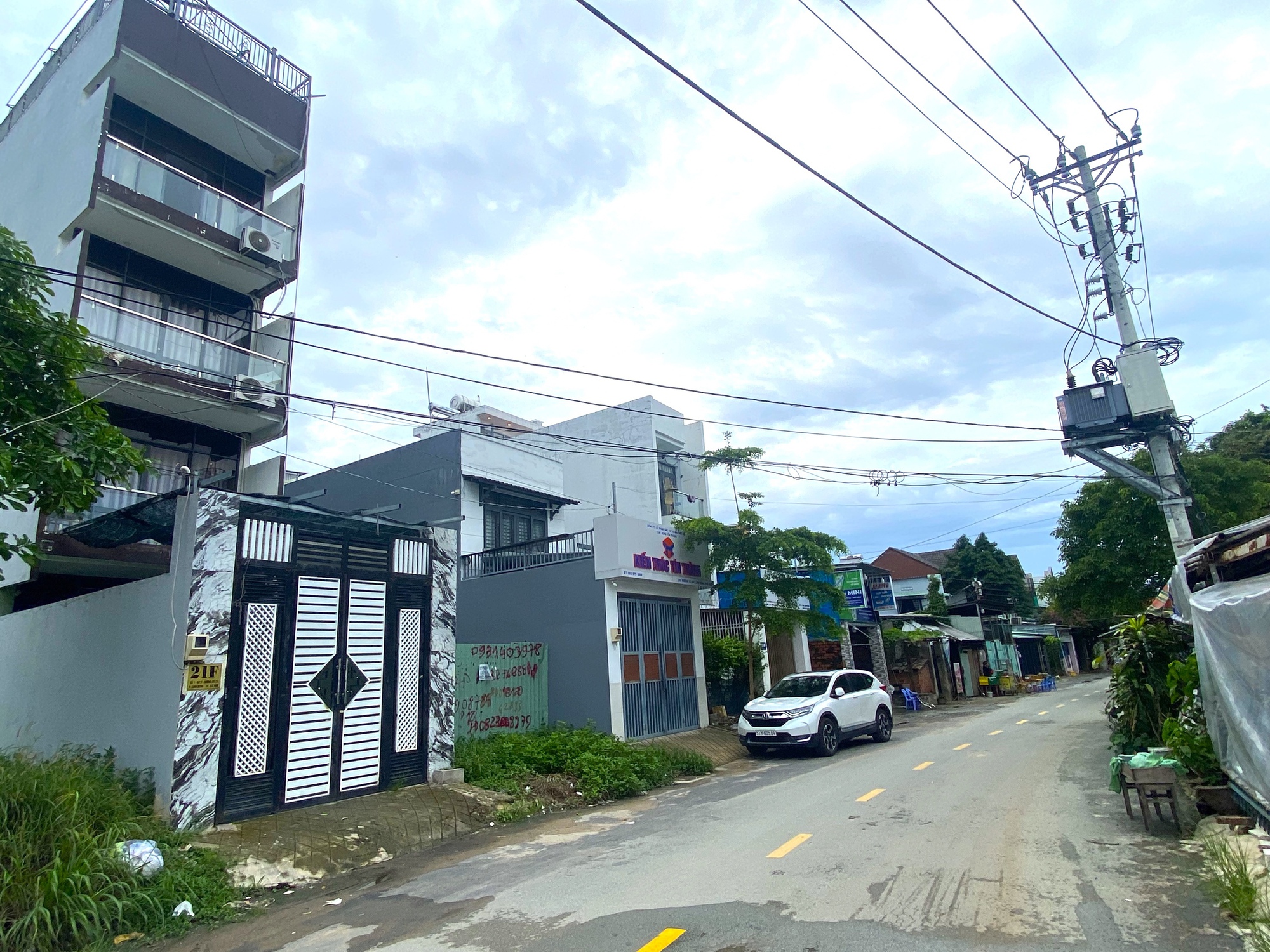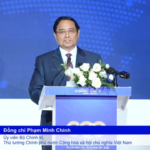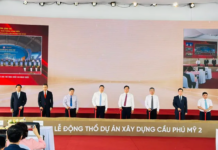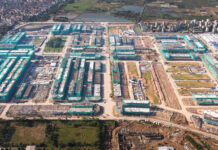The Ho Chi Minh City Department of Planning and Architecture has recently reported on the city’s socio-economic situation in November and outlined key tasks and solutions for December.

Current regulations on building setbacks are fraught with inconsistencies, impacting state management of construction and citizens’ rights.
Reviewing and Updating Urban Plans
The department has issued guidelines to 168 wards, communes, and special zones to review and update district and detailed plans in line with new spatial development guidelines.
They are also advising the Ho Chi Minh City People’s Committee on implementing approved urban master plans and prioritizing planning projects (Phase 1). Efforts continue to update and standardize data for the Ho Chi Minh City Master Plan 2040, Vision 2060.
Additionally, the Department of Planning and Architecture is revising the city’s architectural management regulations (replacing Decision 56/2021) to align with the new planning system, current laws, and practical realities, ensuring consistency with upcoming adjustments to the city’s master plan.
Introducing New Architectural Management Regulations
A key focus for December is drafting new architectural management regulations to replace Decision 56/2021, ensuring alignment with the new planning framework and practical needs.
This is welcome news for residents, as the implementation of Decision 56/2021 has revealed numerous issues affecting their rights.
Recognizing these challenges, the Ho Chi Minh City People’s Committee leadership has directed a review and revision process. Previously, various departments, agencies, and localities have provided feedback and suggestions for amendments.
In practice, many districts have faced difficulties in managing and issuing construction permits due to setback requirements and other provisions in Decision 56/2021.
Consequently, several areas have proposed amendments, such as eliminating setbacks for buildings in central and existing urban areas, applying them only to new planning zones. Some even suggest making setbacks optional or clarifying their application to new construction versus renovations.
Citizens have also faced challenges due to impractical regulations, impacting their rights and, in some cases, delaying home construction for years pending regulatory changes.
However, the revision process has been slow. Given the new context, authorities are conducting a comprehensive review to ensure the regulations are consistent with the new planning framework and practical realities.
Nam A Bank Unveils Three Green Finance Strategies to Attract Foreign Investment at the 2025 Autumn Economic Forum
At the 2025 Autumn Economic Forum held from November 25–27 in Ho Chi Minh City, themed “Green Transition in the Digital Era,” Nam A Bank actively participated as a key partner. The bank presented strategic proposals on green finance, aiming to unlock international capital flows and drive sustainable development.
Hunter Biden, Son of Late U.S. President, to Attend Exclusive Event in Vietnam Featuring Multi-Trillion-Dollar Corporations from Four Continents
Leading global enterprises and corporations, with market capitalizations reaching into the trillions of dollars, have confirmed their participation in this prestigious event taking place in Vietnam.
Prime Locations in Ho Chi Minh City Hosting Hundreds of Residential Towers
Nestled along Nguyễn Hữu Thọ Street and Highway 1K, a burgeoning skyline of high-rise condominiums stands in stark contrast to the crumbling infrastructure below. Overburdened by the sheer density of these residential towers, the area grapples with chronic traffic congestion, deteriorating roads, and persistent flooding, underscoring the urgent need for sustainable urban planning.




















